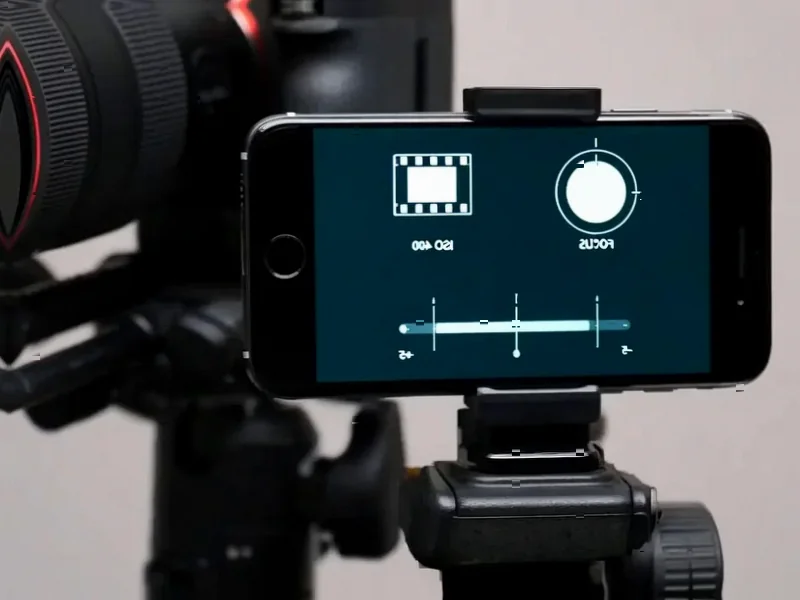According to MacRumors, Apple released the first beta of iOS 26.2 to developers on Tuesday with functionality allowing Japanese users to install alternative app marketplaces like AltStore PAL and Epic Games Store. The software update, scheduled for public release in December 2025, represents Apple’s first expansion of third-party app store access beyond the European Union. This follows Japan’s parliament approving legislation in June 2024 requiring Apple to allow alternative app stores and payment providers. The Japan Fair Trade Commission further solidified these requirements in August 2025 with Mobile Software Competition Act Guidelines banning platform operators from blocking competing stores. Early beta testing shows Japanese iPhones can already install apps from these alternative marketplaces, though some features like Fortnite in-app purchases remain region-blocked by Epic.
The App Store Walls Come Down
Here’s the thing – Apple isn’t doing this because they suddenly love competition. They’re being forced, plain and simple. The company fought tooth and nail against the EU’s Digital Markets Act, and now they’re facing similar pressure in Japan. But the timing is interesting – they’re getting ahead of the regulatory deadline rather than waiting until the last minute like they did in Europe.
Basically, Apple’s learning that fighting every single regulatory battle might not be the smartest long-term play. They’re seeing the writing on the wall – more countries are going to demand this kind of openness. So why not get your systems in place and make it look like you’re cooperating? It’s better PR than being dragged kicking and screaming.
Revenue Model Shakeup
This is where it gets really interesting for Apple’s business. The App Store has been an absolute cash cow – we’re talking about a service that generated over $24 billion in quarterly revenue recently. And Apple takes a hefty 15-30% cut of most transactions. Now that walled garden is getting some holes punched in it.
But here’s what most people miss – Apple still gets a cut. They’ve structured these alternative marketplace deals so they still collect fees, just at a different rate. In the EU, they charge a “Core Technology Fee” for apps distributed outside the App Store. I’d bet money they’re implementing something similar in Japan. So while they’re losing some revenue, they’re not exactly giving it away for free.
Who Really Benefits?
Look, the immediate winners here are Japanese consumers and developers. Users get more choice, potentially lower prices, and access to apps that Apple might have previously blocked. Developers get alternative distribution channels and payment options that might save them money.
But let’s be real – the biggest beneficiaries might be companies like Epic Games who’ve been fighting Apple for years. Early testing shows Epic’s store is already working in the Japanese beta. This gives them exactly what they wanted – a way around Apple’s ecosystem control.
And honestly? This could be just the beginning. Once Japan opens up, other countries will likely follow. Regulators worldwide are watching how this plays out. The Japanese guidelines set a pretty clear precedent that other nations could copy.
Apple’s Strategic Shift
So what’s Apple’s play here? They’re clearly shifting from fighting regulation to managing it. Instead of resisting everywhere, they’re creating a template for compliance that they can roll out to other markets. It’s smarter, really – less legal fees, better optics, and they still maintain some control over the ecosystem.
The question is whether this becomes the new normal. Will we look back in five years and see this as the moment Apple’s walled garden started becoming more of a gated community? Probably. The pressure isn’t going away, and Apple seems to be accepting that reality rather than fighting it endlessly.
One thing’s for sure – the app distribution landscape is changing faster than anyone expected. And for Japanese iPhone users come December, that change will be very real.




